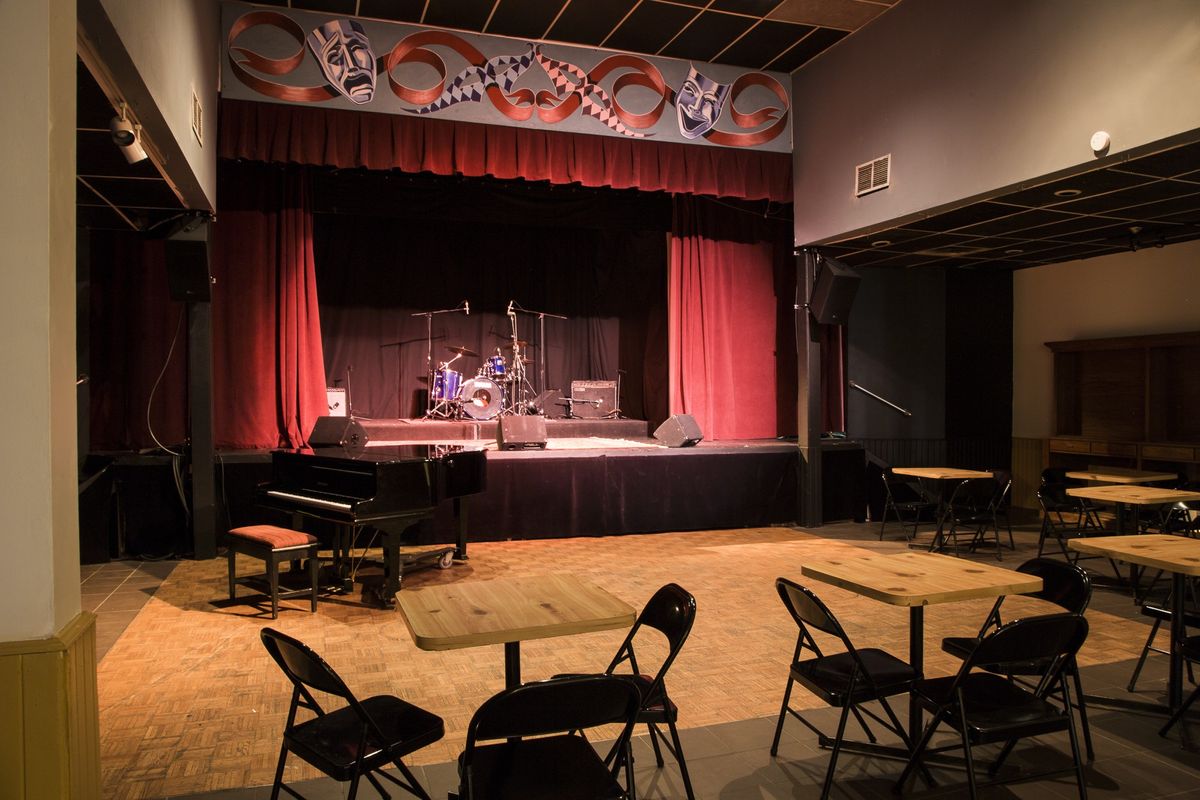The Phoenix Let The Toronto Sound Rise Up...Again!
The Canadian Songwriters Hall of Fame (CSHF) induction of six influential songs from the Toronto music scenes of the 1960s, ‘70s, and ‘80s, Thursday, Nov.

By David Farrell
The Canadian Songwriters Hall of Fame (CSHF) induction of six influential songs from the Toronto music scenes of the 1960s, ‘70s, and ‘80s, Thursday, Nov. 21, at Toronto’s Phoenix Concert Theatre, was one big glorious trip down memory lane.
The big note was rhythm and blues. Toronto was an R&B town before it became a folk circuit stop and a rock & roll city. Evidence of this was in the induction of Opportunity, written by Mandala’s Domenic Troiano, and given a James Brown-stylized vocal by George Olliver who can still almost hit the song’s high notes and do the splits more than a half-century later.
Maestro Fresh Wes, considered the Godfather of Canadian hip-hop, put on an electrifying performance of his inducted song, Let Your Backbone Slide.
Joined by an all-star cast, Parachute Club’s Loraine Segato, Julie Masi, and Steve Webster and David Gray created a gyrating cyclone with a rhythmic pan-continental edition of Rise Up—the song that launched these urban hipsters with a social conscience back in 1983.
Keith McKie performed I Would Be the One, a song he wrote as a member of Kensington Market in 1968. The pre-CanCon era hit paved the way for the Market to play a series of high profile shows in the US before their time ran out. Founding members John Mills-Cockell and Gene Martynec went on to have noteworthy careers with some of their projects helmed on the business side by Bernie Finkelstein, who initially brought the band's members together.
Songwriters John Woloschuk and Terry Draper were inducted for their watershed hit, Calling Occupants Of Interplanetary Craft. It was the ethereal song that launched the strange career of Klaatu and was included on their debut album, 3:47 EST—arranged by Doug Riley and produced by Terry Brown for Frank Davies’ Daffodil Records.
Another Davies’ discovery was A Foot In Coldwater, a band that launched its career with guitarist Paul Naumann and drummer Danny Taylor’s (Make Me Do) Anything You Want co-write, in 1972. They were joined by original singer Alex Machin and bassist Huey Leggat. Their performance brought back memories galore for the audience of old-timers who rose to the occasion with hollers of approval.
While his presence wasn’t seen on stage, it is worth noting that it was Frank Davies who conceived and founded the Canadian Songwriters Hall of Fame, in 1986, when he sat on the board of the Canadian Academy of Recording Arts and Sciences (CARAS). As a record producer and song publisher, he developed the Hall of Fame because he wanted increased public recognition for Canadian Songwriters.
In December 2011, SOCAN – the Society of Composers, Authors and Music Publishers of Canada – acquired the assets of the Canadian Songwriters Hall of Fame. The Hall of Fame's mandate aligns with SOCAN's objectives as a songwriter and publisher membership-based organization.
The CSHF continues to be run as a separate organization with its own board of directors and operates with a staff of two: Executive director Vanessa Thomas, and Project & Communications leader Nicholas Fedor.
All mentioned deserve praise. Proceeds from the event go to the Unison Fund, the music biz charitable org set up to provide emergency relief to members of Canada’s music community.






















